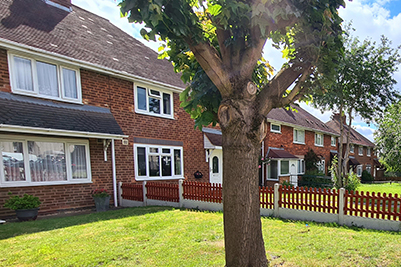The Better Social Housing Review follows a six-month examination of the key issues and challenges facing social housing by a panel of independent experts on behalf of the National Housing Federation and Chartered Institute of Housing. This review addresses itself specifically to housing associations although there is a read across to the wider social housing sector.
The review identifies two central issues as top priorities for people living in social housing:
- the suitability and quality of housing stock
- the housing association’s culture and responsiveness to tenants’ concerns and complaints
There are seven key recommendations:
- The sector should refocus on its core purpose – to provide decent, safe homes for those who can’t afford the market.
- A national audit of social housing stock to develop a consistent picture of the state of social housing across the country. The report recommends that all organisations should use the new HACT UK Housing Data Standards.
- Organisations should bring together tenants, frontline staff and contractors to review maintenance and repairs and develop new approaches and definitions for what an excellent maintenance and repairs process looks like.
- There should be a renewed focus on resources and training to support the traditional housing officer role.
- Tenants should be recognised as key partners with initiatives to expand their role within organisations to ensure tenants have a voice and influence at every level of decision making.
- Organisations should develop a proactive local community presence through community hubs which foster greater multi-agency working.
- Organisations should work with their tenants and frontline to undertake an annual review of the progress in implementing the recommendations of the review.
The review has been warmly welcomed by housing organisations and others including Michael Gove, Secretary of State for Levelling Up, Housing and Communities, who endorsed the call for an audit of stock condition and action on disrepair along with other improvements to address wider resident concerns around service delivery and engagement.


